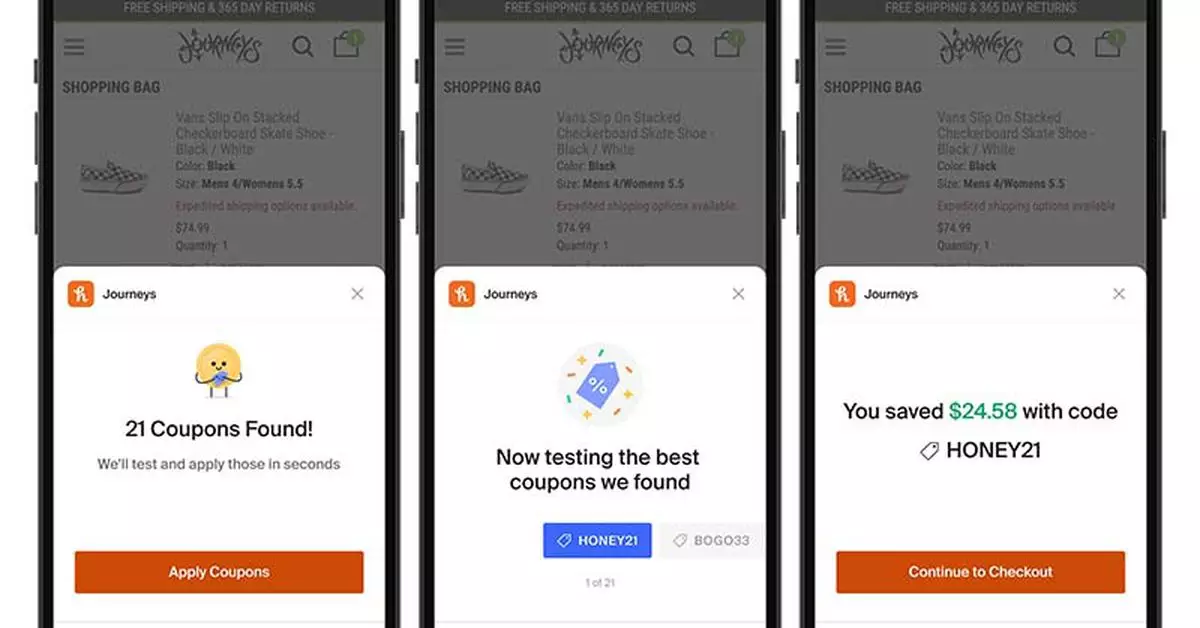In the vast universe of eCommerce, tools designed to enhance the shopping experience abound. One of the most notable is PayPal Honey, a browser extension that promises to streamline the process of finding the best deals online. Launched with the intent of aiding consumers in navigating digital storefronts, Honey’s advertising claims touch upon its ability to uncover every existing promotional code with just a click. But recent revelations from a popular YouTuber, MegaLag, have initiated a firestorm of controversy, challenging the very integrity of this extension and questioning its ethical implications.
According to MegaLag’s compelling video narrative, Honey’s operation isn’t as innocent as it may seem at first glance. One of the most striking accusations made by the YouTuber is that the browser extension has been misleading in its functionality. While Honey is designed to pop up when shoppers are about to make a purchase, revealing potential coupon codes, it supposedly fails to deliver on its promises. Instead, it often resorts to showing Honey-branded codes that do not necessarily represent the best savings available. This assertion raises questions about the effectiveness of the tool, particularly when a simple search online could uncover better options.
The crux of MegaLag’s accusation revolves around the concept of affiliate marketing—a popular strategy in the digital space where influencers earn a commission for directing sales through their promotional links. The troubling allegation here is that Honey reportedly hijacks these affiliate credits. Upon clicking an affiliate link from an influencer, Honey seizes the opportunity to replace it with its own tracking link. This effectively diverts the generated revenue away from the original promoter, raising ethical concerns regarding the extension’s practices.
Notably, MegaLag’s assertions are not without precedent. As evidenced by discussions that surfaced over the years, other influencers and tech communities have voiced similar frustrations. A striking mention goes back to a 2021 Twitter post recommending that users leverage Honey’s codes in different browsers to avoid this affiliate credit theft. Additionally, members of the Linus Media Group have alleged that Honey’s practices led to them severing ties with the extension as a sponsor, highlighting a growing discontent within the community.
Responding to these claims, PayPal’s VP of Corporate Communications, Josh Criscoe, defended Honey’s approach, stating that it adheres to widely accepted industry practices, particularly with “last-click attribution.” This methodology is grounded in a common practice in digital marketing where the last interaction before a sale is deemed the one responsible for converting that sale. While such defenses are grounded in technical rationale, they inadvertently divert attention from the underlying ethical questions raised by MegaLag’s criticisms.
The dilemma surrounding PayPal Honey ultimately poses a broader question about convenience versus integrity in the tech landscape. On one hand, tools like Honey provide undeniable convenience and savings to millions of online shoppers. The promise of greater ease in finding valid promotional codes is enticing for both retailers and customers involved. However, when convenience is prioritized at the expense of honest and ethical practices, consumers must question whether the benefits truly outweigh these moral compromises.
Moreover, the vast array of Honey-sponsored content across multiple YouTube channels complicates the narrative, as influencers may find themselves caught in a web of corporate interests that may not align with honest representation to their followers. As followers of these creators trust their endorsements, any potential discrepancies in the message raise red flags about the relationship between influencer marketing and consumer impact.
In an age where consumer vigilance is paramount, the PayPal Honey case serves as a pertinent reminder to analyze the tools we use in online shopping. While the promise of effortless savings is genuinely appealing, it is essential to scrutinize the ethics and practices behind such solutions. As the debate continues, online shoppers are urged to do their due diligence and weigh the convenience of extensions like Honey against the potential compromises of transparency and integrity. The marketplace is changing, and with it, our expectations of fairness and honesty must evolve as well.


Leave a Reply